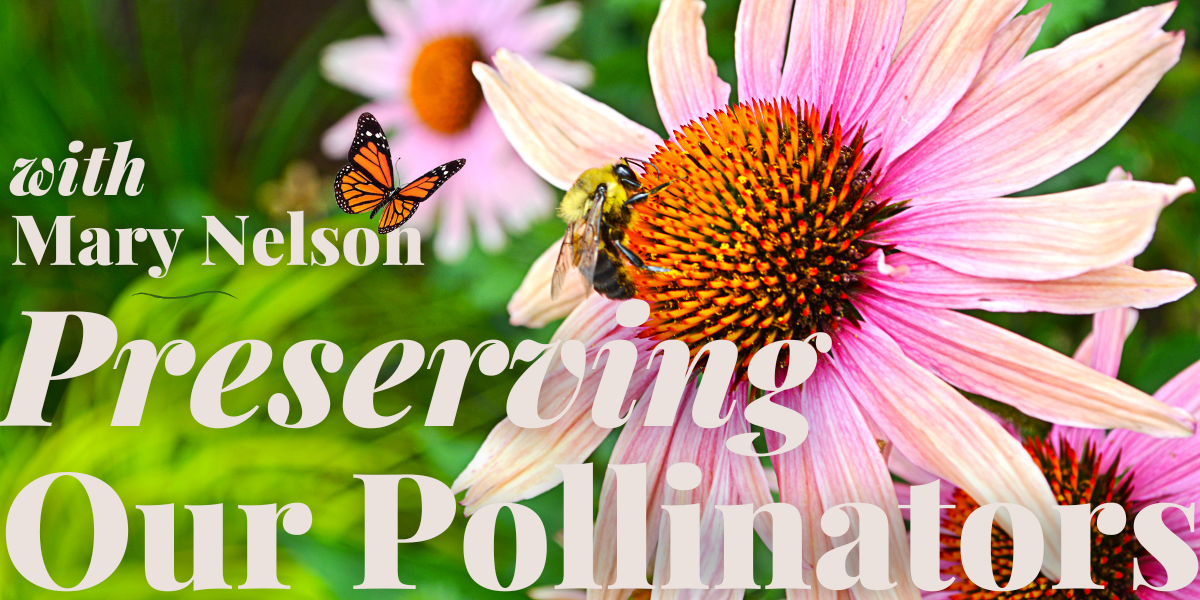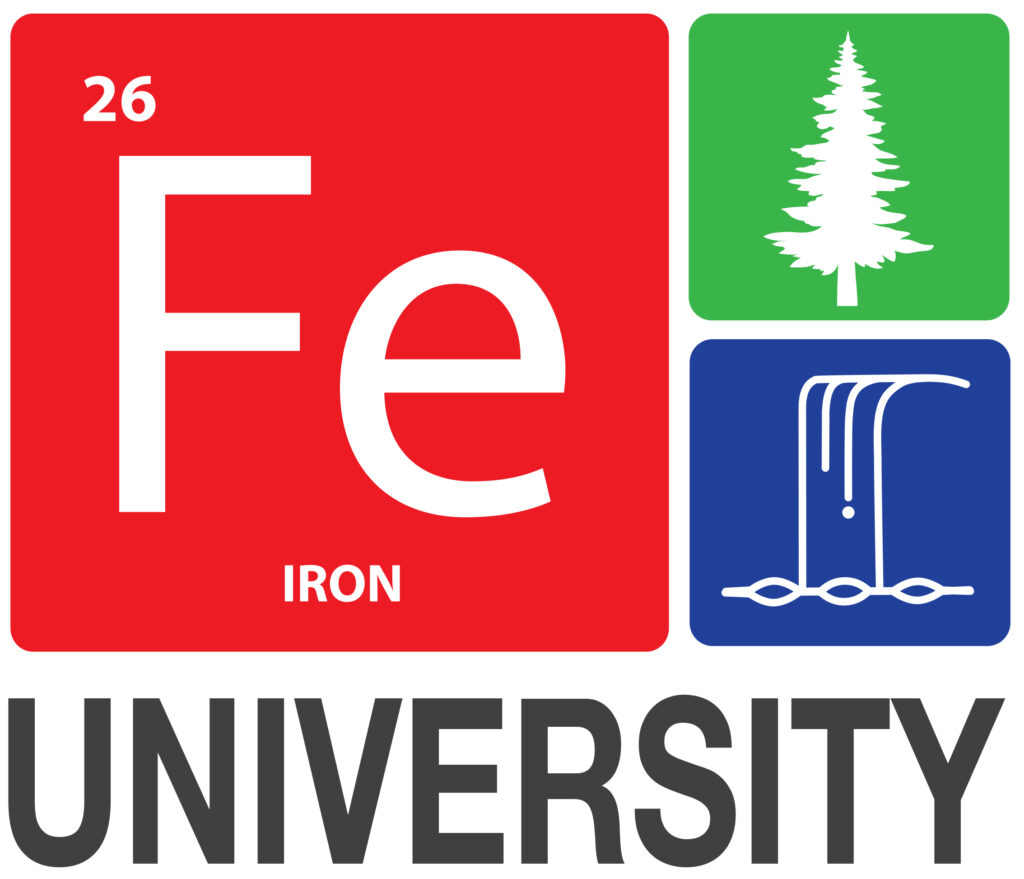
- This class has passed.
Preserving Our Pollinators
September 7, 2023 @ 1:00 pm - 3:00 pm
$40.00 – $45.00
This four-session class will take place September 7, 12, 14, and 19, 1:00-3:00p.m., at the Mercer Library, with Mary Nelson.
Sponsored by Kit Bogenschneider.
Pollinators of every sort are on the decline. Why should this concern us? The simple truth is that we cannot live without them. About 35 percent of the world’s food crops depend on animal pollinators to reproduce. This means that approximately one of every three bites of food we eat is made possible by pollinators. So, if we want to eat, we better work to bring back the pollinators. But, in addition to their value in pollination, pollinators are fascinating to observe and add beauty and intrigue to the landscape. Who doesn’t enjoy seeing a bumble bee work its way into the flower of a bottle gentian plant to steal the pollen, or observing the mating dance of a pair of monarch butterflies? This class will teach you what you need to know to help bring back the pollinators.
Session 1: Introduction to Pollinators
In this session you will learn about pollination and the many creatures responsible for animal pollination. We will discuss why pollinators are declining and what we can do to help resolve this situation. We will take an in depth look at our native bees, from social bees, such as bumble bees, to solitary bees, such as mason bees and leafcutter bees.
Session 2: Understanding Butterflies
In this session, we will discuss the taxonomic classification of butterflies. You will learn how to differentiate between butterflies and moths. We will look at the butterfly life cycle and various butterfly behaviors, including nectaring, puddling, basking and roosting. Lastly, we will take a look at common butterflies of northern Wisconsin, discussing various details about their life cycles, their host plants, and how they overwinter.
Session 3: Monarch Butterflies
This session of the class focuses entirely on the monarch butterfly. Topics include migration, life cycle, predators, declining numbers (how much and why), captive rearing of monarchs, and establishing monarch habitat.
Session 4: Let’s Plant a Pollinator Garden
The final session will teach you how to plan and plant a garden that appeals to all sorts of pollinators. We will take an in depth look at some of the best native (and occasional non-native) plants for pollinator gardens. We will discuss how to provide shelter and water to help sustain pollinators. Lastly, we will look at citizen science programs that you can participate in to assist organizations that focus on bringing back the pollinators.
Instructor: Mary Nelson
Offline Registration: Download PDF Registration Form, complete and mail in with payment.
Registration Questions? Contact us or call (715) 892-3982 or (715) 476-2881.
Registration Issues/Troubleshooting: If you are registering with one email address for two or more people, please register each person individually (i.e. do not register all at once, but add students one at a time to checkout). If you continue to have difficulty or have another question, please contact us.
